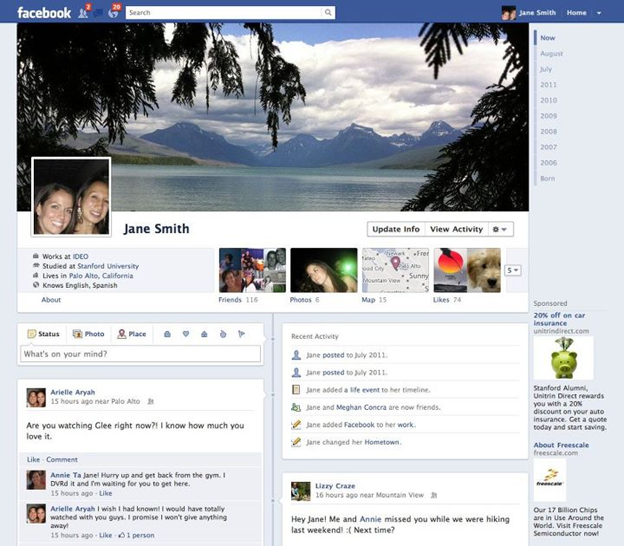Sex Cells
October 1, 2011 in Daily Bulletin

In the midst of patchy economic growth the sex cell industry is one of the few that is booming. Americans have increasingly turned to donating their sperm and eggs in an attempt to supplement their income in uncertain financial times. Rene Almeling’s book Sex Cells explored the culture and the people within the market. Salon
conducted an interview with her, and some of the highlights of the interview include:
- Sperm clinics recruit donors by advertising it as doing a job. Egg agencies prefer to market the idea of donating as giving a ‘gift’ to another woman who is unable to conceive. Part of the reason maybe procedural. Men have to come to the clinic to contribute many times over a period of a year. Women on the other hand have to go through a lengthy clinical procedure but only donate once. This conception is so deeply ingrained that egg agencies are more likely to reject a woman’s application if they claim that they are in it for anything other than altruism, and are especially likely to frown upon women who claim to do it for the money. Men do not face the same stigma.
- Most sperm banks require donors to be at least 5 feet 8 inches. Women don’t have any comparable height requirement but often have strict weight-height ratios that they must comply with. Men can normally donate into their 40s, women generally have to stop when they hit 30.
- All men are paid the same, but women might earn different rates based on their racial characteristics. There is a shortage of Asian and Black donors and those who come from under-represented cultural groupings might earn a few thousand dollars more than white donars.
Find out more about why egg donors do not think of themselves as mothers, while sperm donors do think of themselves as fathers, and the role that language plays in making people feel comfortable with what they are doing over here.
Source: Salon Read the rest of this entry →








Join the Discussion! (No Signup Required)